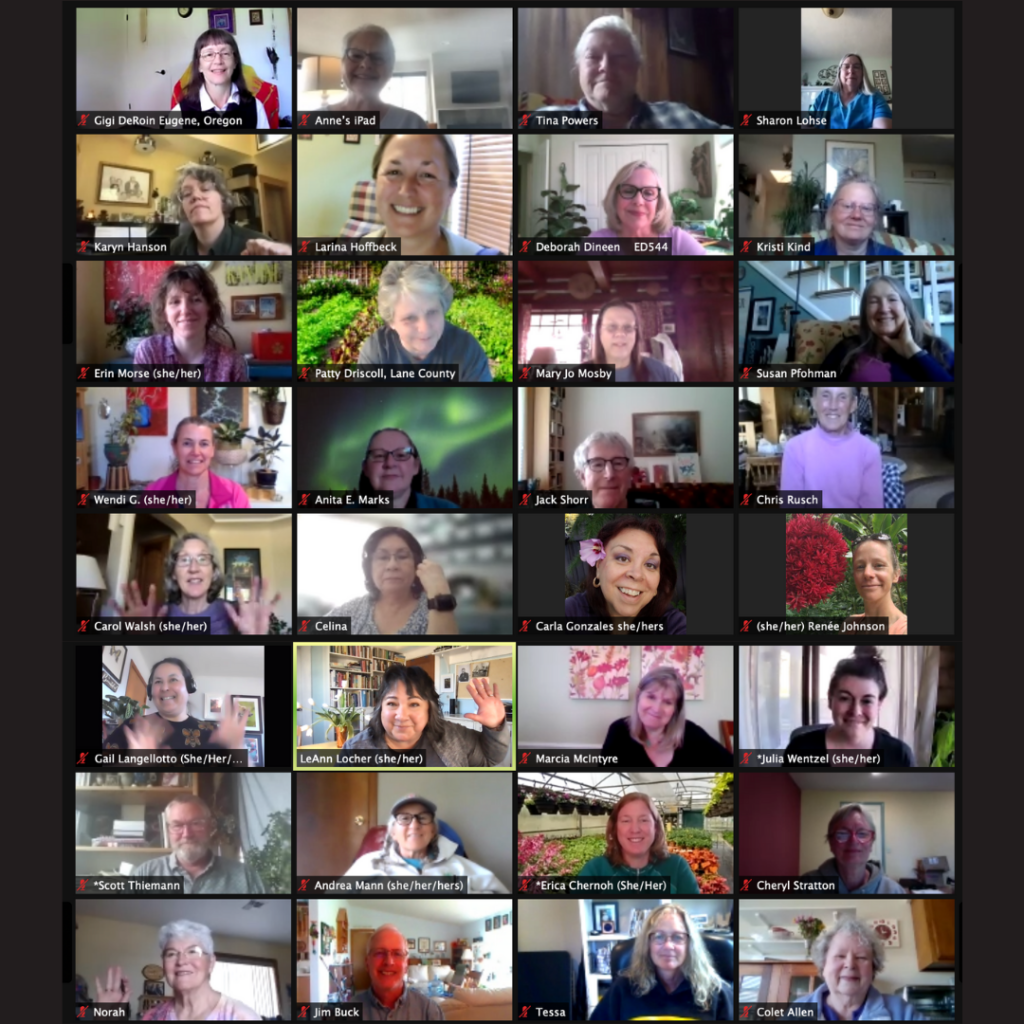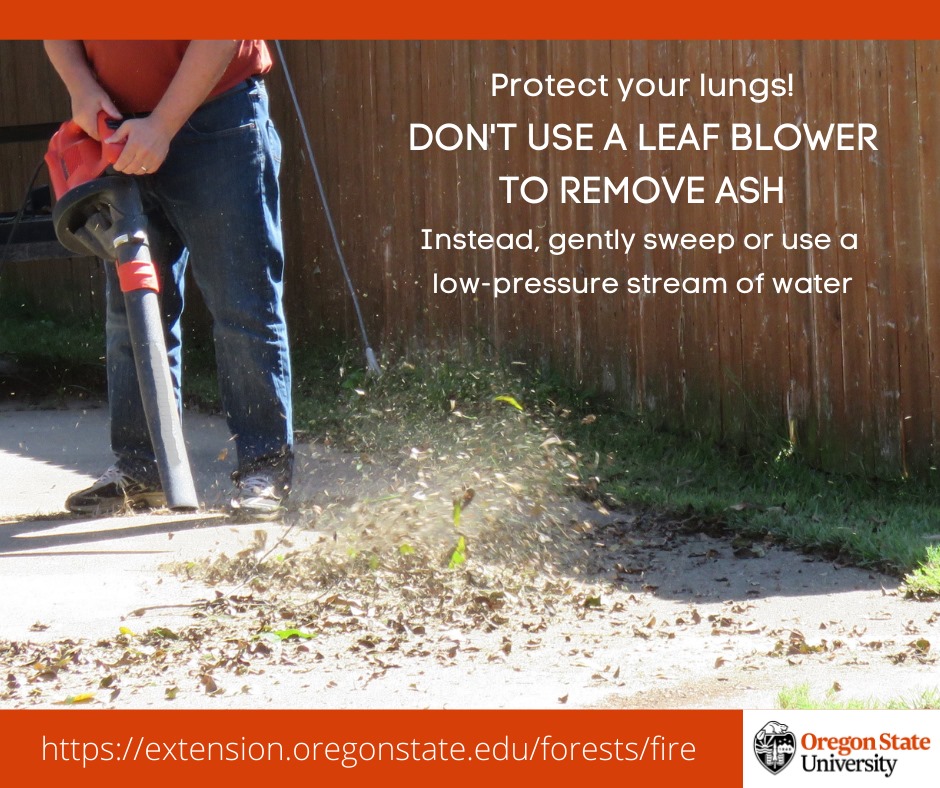“What do Master Gardeners actually do?”
This is a question Master Gardeners get asked a lot. We can answer that question in words, but better yet, let’s answer that question in photos.
OSU Extension Master Gardeners are invited to participate in a statewide photography challenge and contest.
• How can you capture in photos what you love about the Master Gardener program?
• How would you show others what you see about being a Master Gardener?
There will be prizes!
When: The contest is now open. Submissions will be accepted until September 30, 8 p.m. Winners will be announced on October 25th.
There are three categories:
- The places of Master Gardeners: beauty shots of demonstration and learning gardens. What would you put on the cover of a travel magazine featuring demonstration gardens?
- The people: Master Gardeners in action, fulfilling the program’s mission and vision.
- Program priorities: photos depicting any of our eight program priorities:
-Sustainable gardening skills
-Plant and insect identification and education
-Local food
-Native species
-Adaptive and accessible gardening
-Climate change
-Cultural connection
-Soil health
Rules and Usage:
- Photos must be taken during 2020-2021;
- Photos must be taken by current OSU Extension Master Gardener volunteers;
- Photos submitted become the rights of the OSU Extension Master Gardener program and may be used in program communications (website and in print). They will not be shared for use by any third party other than OSU. Photographers will be given photo credit.
- Master Gardeners sign photo use waivers as part of the program, but have the option to opt out. Please obtain approval for the use of their image. For people in any of your photos that *not* Master Gardeners, photo releases must be obtained and submitted. Please use the Model release form;
- Participants can enter up to five photos per category (total of 15);
- All entries are to be digital and cannot exceed 10MB each.
How to Submit:
Fill out the form, upload your photos, include any photo releases:
Prizes:
First-place winners in each of the three categories will receive signed, autographed copies of the books Trees to Know, and Shrubs to Know. In addition, an OSU Foods of Oregon reusable tote.
All second-place winners in each of the three categories will receive signed, autographed copies of the book Trees to Know. In addition, an OSU Foods of Oregon reusable tote.
Judging:
Judges will be a small panel of staff from the statewide program, Extension communications, and Master Gardener volunteers.
Tips for taking photos for the Master Gardener photo contest
Equipment:
You don’t need to own expensive nor professional photography equipment to take great photos. Current mobile phone technology is great! It’s how you capture the moment!
How to take great photos of people:
Photography style suggestions from OSU Extension provide good examples:

Some things to keep in mind:
- Shoot in high resolution mode;
- Landscape and vertical images are welcome;
- Photograph people the way they see themselves;
- Capture people in their element, with clues about who they are surrounding them in the space;
- Try different set-ups and arrangements: different size groups and different angles and directions;
- What stops you in your tracks and makes you take in a scene? Capture that;
- Different angles, from on the ground, or from directly above, make for interesting photos.
Culture and detail:
Sometimes subtle details can show diversity, such as a religious head covering, assistive device or a gender-inclusive sign on a restroom door. Who the camera is focused on can also send a message. Who are you centering your camera on? Photography is a great way to explore all of the people and places of the Master Gardener program. Representation matters.
How to take great photos of a place:
Think big picture:
• Try using portrait mode if you have it available on your phone;
• Panoramic mode can be a great way to create a wide or tall shot of a space;
• Drone photography? If you’re a drone photographer and familiar with drone regulations, what about a photo like this or this? Now there’s a challenge.
Ideas for photographs that represent our program priorities:
These might be photos of people, or of places, or of both! How would you show our program priorities to someone asking about the Master Gardener program?
Some examples (but use your imagination)…
- Sustainable gardening skills: Master Gardeners working together on just about any project in a garden.
- Plant and insect identification and education: a workshop of people looking at insects, artful photographs of insects or plants submitted to a plant clinic, hands exchanging a plant or insect for identification, Master Gardeners working together at plant clinic, macro (close-up) photograph of a really interesting and common insect (or one we should all be on the lookout for)
- Local food: vegetable gardens in abundance, produce harvested and arranged in beautiful ways, community members receiving produce grown in a Master Gardener garden
- Native species: native plants in bloom, invasive plants, invasive species photos
- Adaptive and accessible gardening: people working in raised beds, a vignette of an accessible garden area in your local demonstration garden
- Climate change: applying mulch, burned plants, ice storm damage on trees, garden scene with smoky skies, ash on garden produce or leaves, soaker hoses
- Cultural connection: gardeners with plants or tools that you grow or use as a connection to your culture. For example, salsa gardens, herbs specific to your families’ foods, tools specific to your heritage.
- Soil health: making compost, compost set ups in a demonstration garden, earthworms in a gardener’s hands, digging, mulch spreading.
Lighting
- Outdoor lighting is going to be your friend;
- Avoid using flash or shooting indoors if possible;
- Seek “magic light” or “golden hour”—this kind of light occurs early in the morning, or in the evening, when the angle of the sun makes gardens and people glow, filling the photograph with warm light;
- Watch for shadows that obscure faces or key elements of your subjects.
Photo Adjustments
Please don’t use date stamps on your photos, watermarks, frames, or additional art or text on your photos.
We can’t wait to see what you see!











